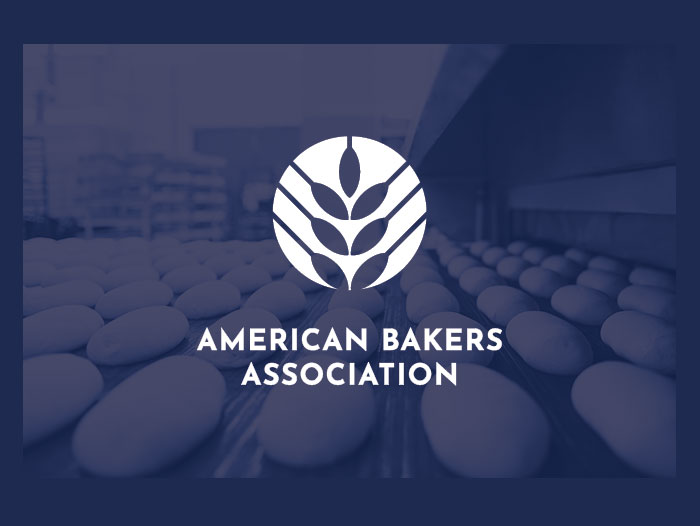Nevada Labeling Bill Vetoed Following Bakers, Business Groups, Push
June 20, 2023 | 2 min to read

WASHINGTON, DC/CARSON CITY, NV — Following proactive outreach from the American Bakers Association (ABA) and other business groups, Nevada’s Governor Joe Lombardo vetoed Nevada State Bill 76 (SB76) on June 16th.
The bill would have established certain restrictions on the manufacturing and sale of products containing intentionally added perfluoroalkyl and polyfluoroalkyl (PFAS) chemicals and would have been the least business-friendly law governing these types of products in the country.
“ABA has been deeply involved over the past month in Nevada on SB76, the ‘PFAS Labeling Bill,” said Eric Dell, President and CEO, ABA. “We agree the bill was well-intentioned and are grateful some of our supported revisions were incorporated into the final bill text. However, a significant concern was that the legislation would have created a misdemeanor penalty for failure to comply with this bill’s provisions. If the Governor had not vetoed SB76 , Nevada would be one of the few states in the nation with criminal penalties for the sale of these types of PFAS-containing products.”
On June 1st, ABA joined in a letter requesting the Nevada Governor veto SB 76, the “PFAS labeling bill.” Friday night Nevada’s Governor Lombardo vetoed SB76. ABA was able to amend the legislation by limiting its applicability to the baking industry and avoiding mandatory package labeling in both English and Spanish. The Governor’s veto not only struck down the precedent-setting labeling requirements, it also struck down language that included criminal penalties for a violation. The next chance for this legislation to resurface will be in 2025.
A coalition of organizations joined in pushing for a veto of SB76, which ABA enthusiastically joined in order to affect our industry’s concerns directly with lawmakers in Nevada.
ABA’s work on Nevada SB76 is representative of the association’s revitalized focus on quick, strategic advocacy on issues that matter most to our industry,” added Dell. “We look forward to continuing to hone our rapid-response capabilities in state and local governments.”
